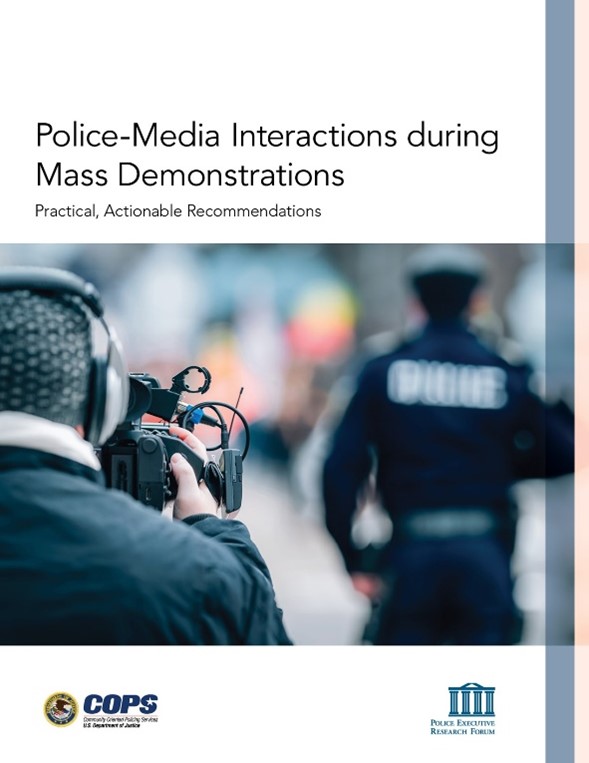Breaking: LAPD Restrained from Limiting Journalists During Protests
In June, the First Amendment Coalition initiated a lawsuit against the Los Angeles Police Department. The action was taken on behalf of the Los Angeles Press Club and the independent media provider, Status Coup. The crux of the lawsuit concerns the rights and freedoms of journalists during public demonstrations.
The injunction issued by the court prevents the Los Angeles Police Department, among other elements, from barring journalists from accessing or remaining in areas that are restricted to the general public during instances of protest. This decision was preliminarily made, with a full hearing slated to occur on the 24th of July.
An important development regarding this lawsuit came on the 10th of July when a federal judge enacted a temporary restraining order effective for the duration of two weeks. With this order, the Los Angeles Police Department is disallowed from deploying less-lethal responses against journalists who do not pose a threat to law enforcement personnel in situations of protests originating from immigration raids within the city.
This judgment was delivered less than a month subsequent to the formal filing of a lawsuit by the First Amendment Coalition. As previously mentioned, the lawsuit was filed on behalf of the Los Angeles Press Club and a media outlet named Status Coup. Filing took place at the U.S. District Court for Central District of California.
The key message of this order lies in bolstering and reinforcing the pivotal function the media plays in Los Angeles. The ruling validates what has been communicated to the Los Angeles Police Department repeatedly over the years: their existing methods don’t align with the law.
The specifics of the order mention that the police department cannot resort to less-lethal or other crowd-control measures when dealing with journalists. This applies particularly when journalists are not seen as immediate threats to the safety of a police officer or any other individual.
Further, the legal document outlines other stringent prohibitions against the police force. These include clauses that prevent the department from deterring a journalist from entering or staying within areas that are off-limits during a public disturbance.
The order additionally bans any intentional actions by the police to hinder, obstruct or interfere with journalists who are engaged in gathering, receiving, or disseminating information intended for the public. This is specially pertinent when journalists are relegated to zones where their ability to adequately observe and report on protest events — including interactions between protesters and law enforcement — is hampered.
In situations where a journalist is situated in a restricted area, the police department is legally bound not to cite, detain or arrest journalists on grounds of failure to disperse, violation of curfew, or for alleged obstruction of a police officer. The crucial provision here is given to journalists who are in the act of gathering, processing or receiving information.
In order to fully address this legal matter, a preliminary injunction hearing has been scheduled. The hearing which will offer both parties the opportunity to present their case is planned to take place on July 24.
The ruling has significant implications for the practice of journalism, especially in scenarios where critical news needs to be reported from centers of civil unrest. It sets out clear guidance for law enforcement agencies, particularly the Los Angeles Police Department, on their conduct towards media professionals.
The court ruling reaffirms the crucial role of journalists in a free society and affirms the freedoms guaranteed to them under the First Amendment, especially in situations of public protests. The restraint on police actions aims to ensure journalists can carry out their duties without unreasonable hindrances.
Despite the clear direction given by the court, it remains to be seen how this will pan out in practice. The hearing on July 24 will offer more concrete conclusions on the matter, thus underlining the essential role of the judiciary in upholding the rule of law and protecting the rights of journalists.

